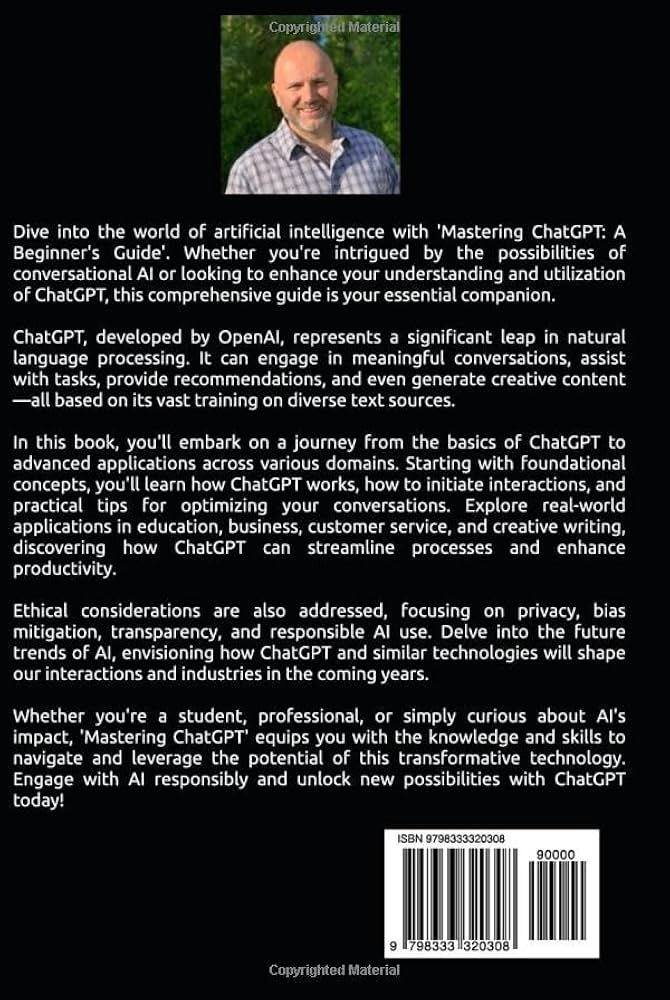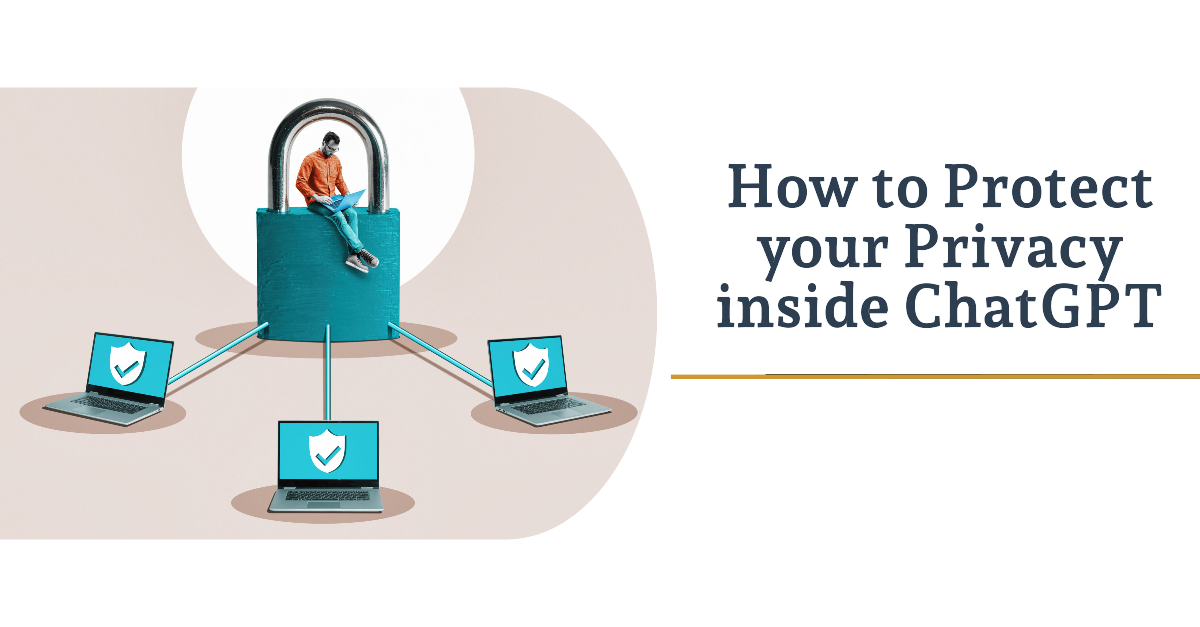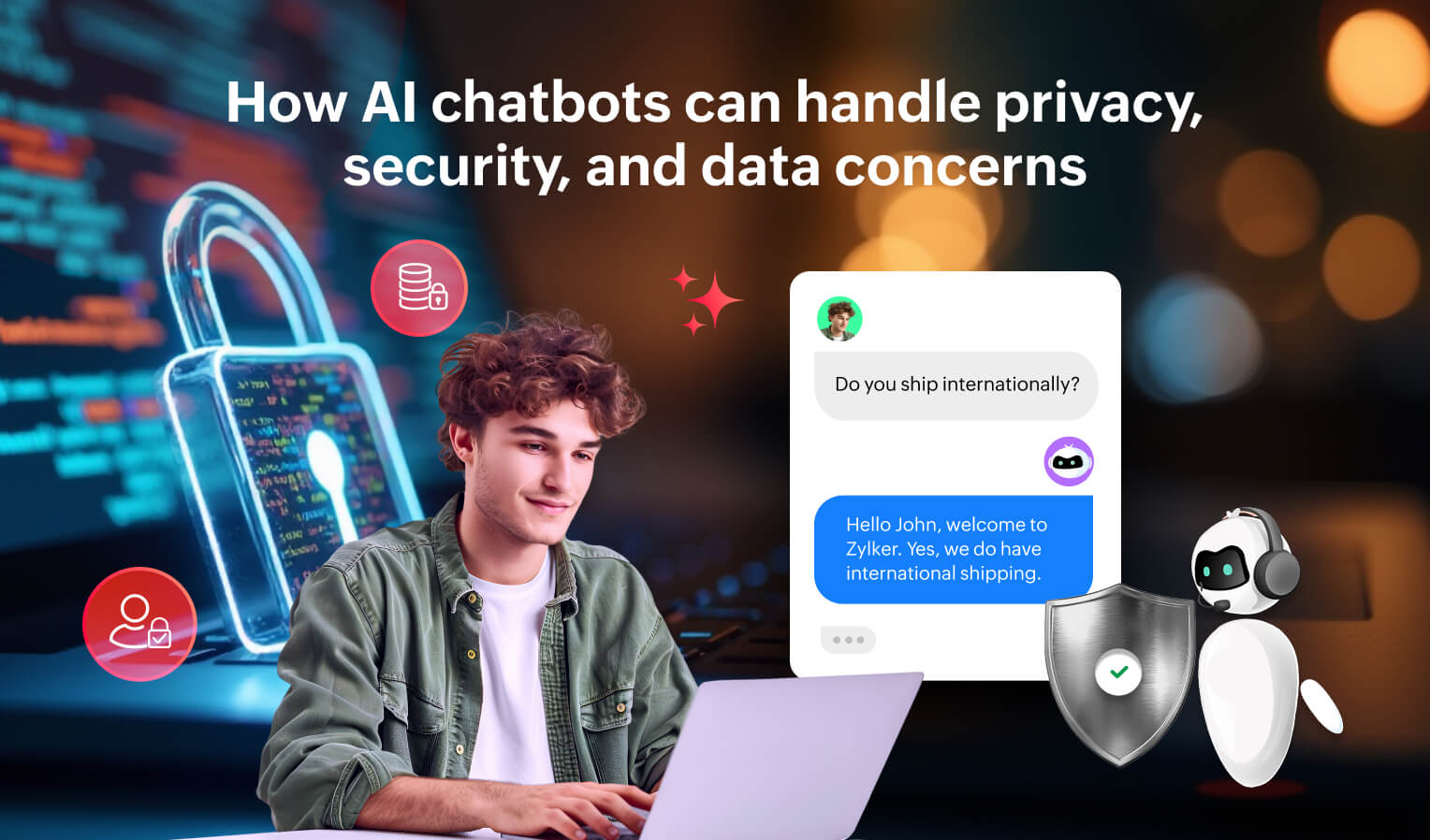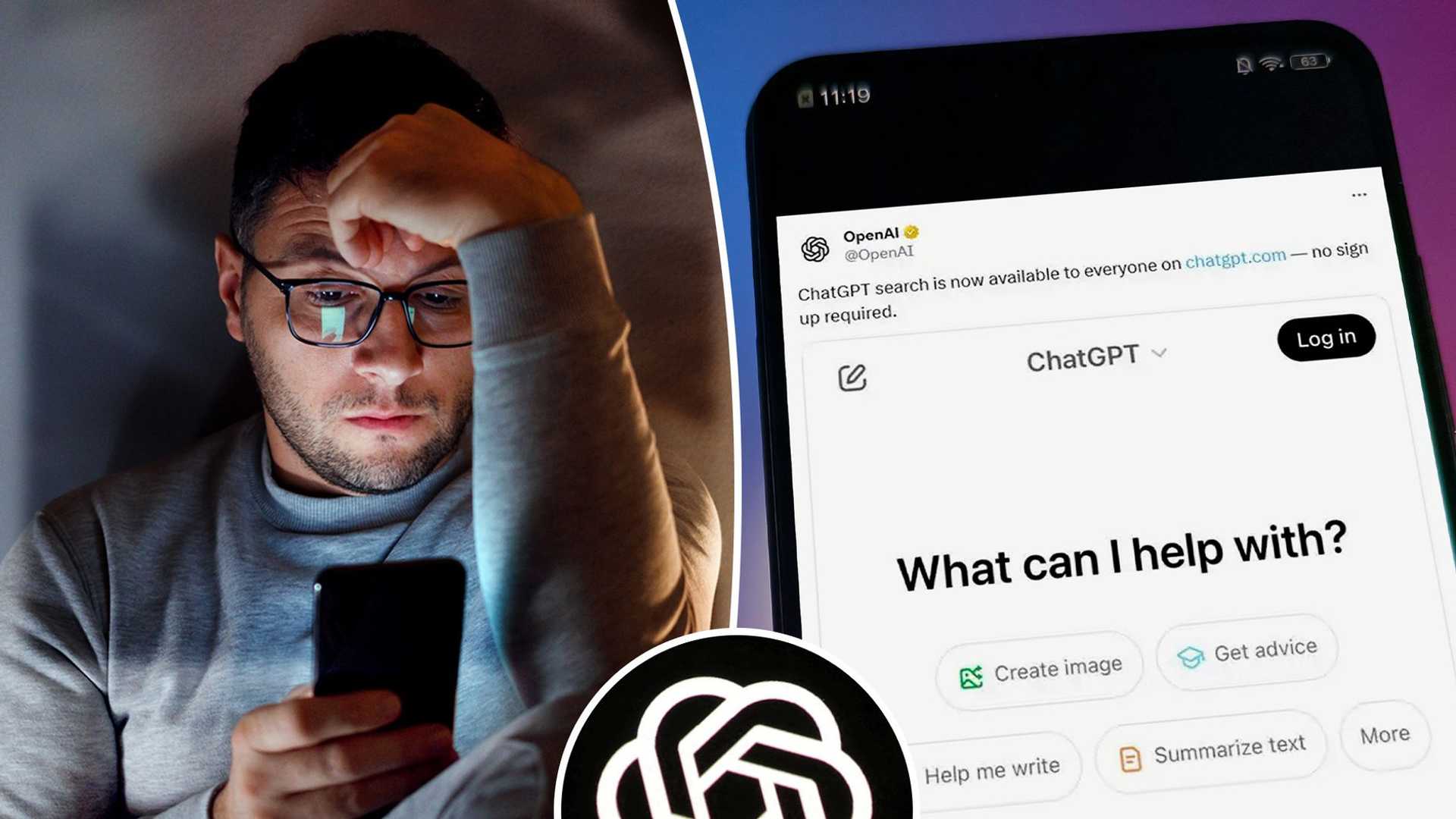Five things you should never reveal to ChatGPT if you want to...
People turn to ChatGPT for a variety of reasons such as couples therapy, help with professional emails, or even transforming images of their dogs into humans. However, there are certain pieces of personal information that should never be shared with the AI platform, ChatGPT.

1. Identifying Information
It's crucial to refrain from sharing sensitive identifying details with ChatGPT. This includes information like Social Security numbers, driver's license details, passport numbers, date of birth, addresses, and phone numbers. While some chatbots may attempt to redact this information, it's best practice to avoid sharing such sensitive data altogether.
2. Financial Account Details
Avoid disclosing your bank account numbers and investment account information to ChatGPT. This data is highly sensitive and can be exploited if it falls into the wrong hands. It's recommended to utilize a secure password manager for storing such confidential information instead of sharing it with AI chatbots.

3. Confidential Work Information
When using ChatGPT for work-related tasks like drafting emails or editing documents, be cautious not to inadvertently expose client data or proprietary information. Some companies opt for enterprise-grade AI solutions or custom AI programs with enhanced security measures to mitigate these risks.
4. Medical and Health Data
If there's a need to discuss medical results with ChatGPT, consider carefully cropping or editing any documents before sharing them. Limit the information shared to essential details to maintain privacy and confidentiality.

5. Personal Account Credentials
While chatbots may offer convenient features that require account usernames and passwords, it's essential to remember that AI agents do not provide the same level of secure storage as dedicated password managers. Safeguard your account credentials by using established security practices such as strong passwords and multi-factor authentication.
For privacy-conscious individuals, it's advisable to delete conversations promptly after use. Companies often have policies in place to ensure that "deleted" data is permanently erased within a specific timeframe, typically around 30 days.





















